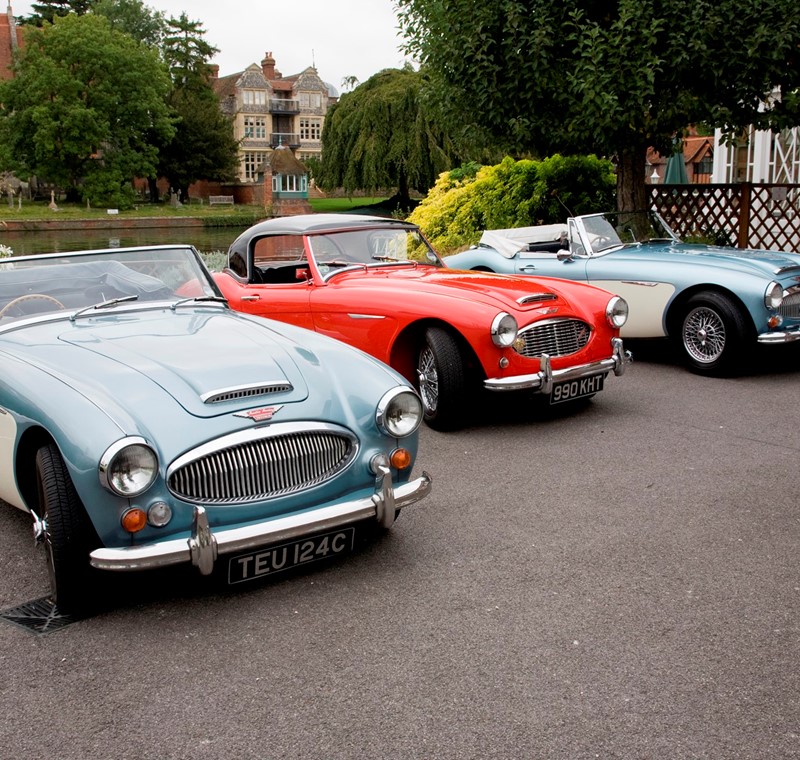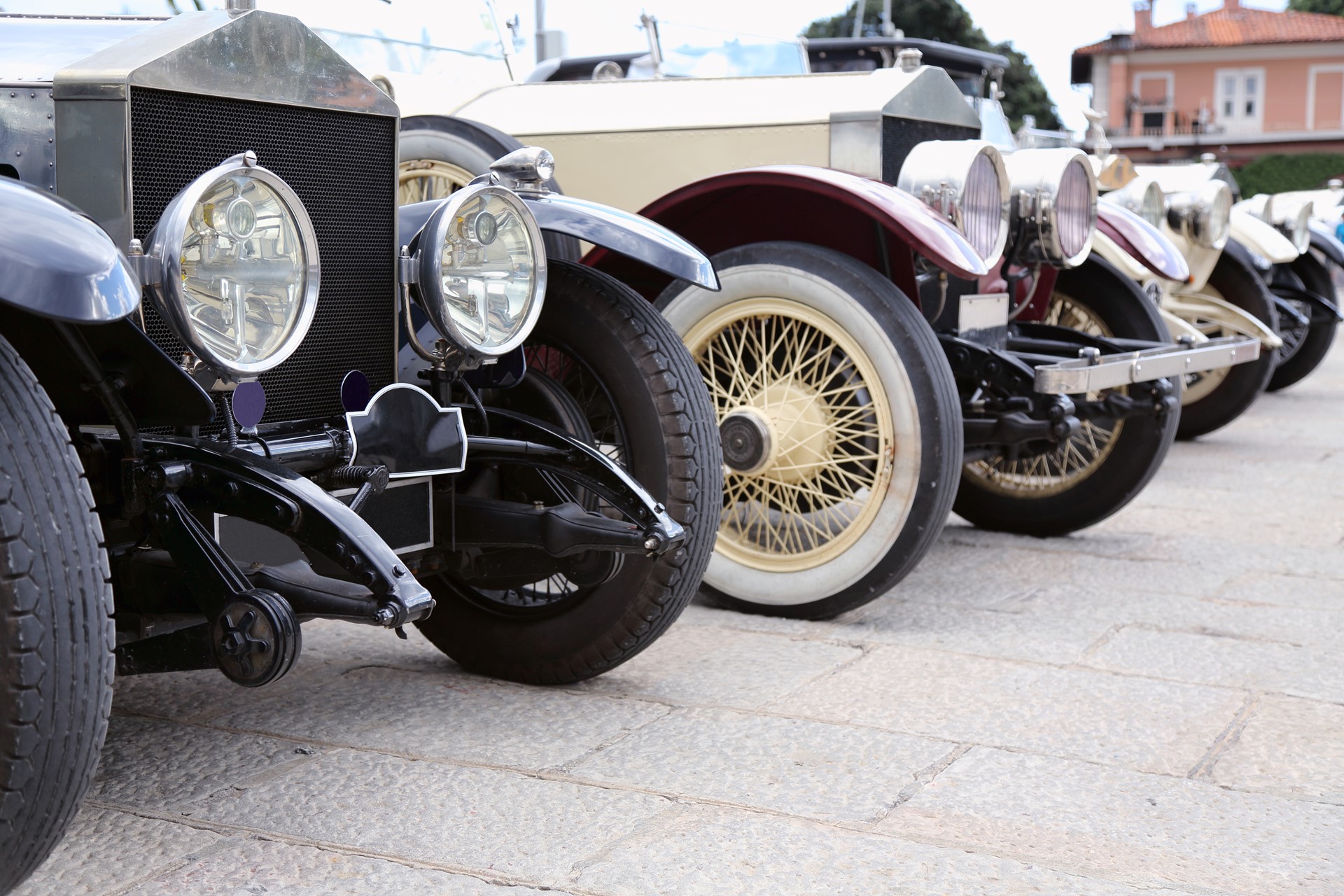
Classic Car Dealings
As the UK has no public register recording the ownership of motor vehicles, we can help to ensure that the transfer of the legal title between vendor and purchaser goes smoothly.
If you are buying a car, we can provide you with legal protection concerning the purchase. We also offer security to a purchaser, financier and dealers so that the agreed price is received by the vendor, while the dealer receives commission.
Our mediation service can help to resolve any issues concerning the purchase. Not only are we able to support you if you are purchasing a classic car, we are here to help with any difficulties you encounter post sale, including disputes with the vendor, insurer or garages over the restoration and care of your vehicle.
Get in touch
Talk to us about your legal challenges and discover how our expert, pragmatic legal advice and broad commercial acumen can help.


